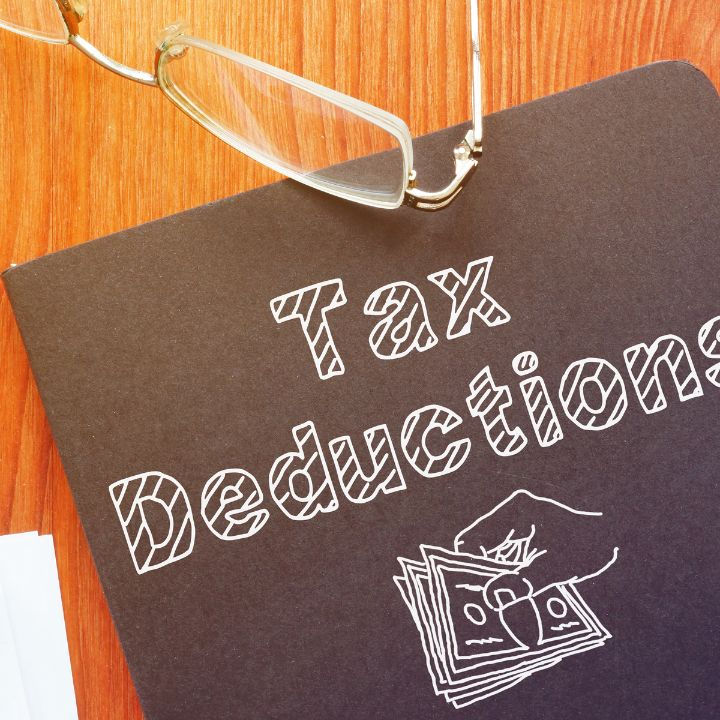
With the tax deadline nearing, it's important to ensure that as a home owner you are aware of possible deductions available through certain home improvements. Here are several types of renovations that might not only enhance your home but also provide tax benefits. As always, you should consult with a tax advisor to verify their eligibility for these deductions.
1. Energy-Efficient Upgrades
Under the Energy Efficiency Home Improvement Credit, homeowners may receive a tax credit up to $3,200 for implementing energy-saving upgrades post-January 1, 2023. This 30% credit covers various improvements, but caps apply based on the project type. Possible projects include:
Energy audits which might save homeowners up to 30% on energy bills.
Installation of ENERGY STAR-rated windows, skylights, and biomass stoves which can offer credits up to $600 and $2,000 respectively.
2. Clean Energy Installations
The Residential Clean Energy Credit allows for significant tax deductions with no upper monetary limit, excluding fuel cell installations. Upgrades can include:
Solar water heaters and geothermal heat pumps, which reduce energy consumption and may increase property value.
Home battery storage solutions to provide reliable power in case of grid failures.
3. Historic Preservation
Owners of historic properties could take advantage of the Federal Historic Rehabilitation Tax Credit for renovations that preserve a home’s original aesthetics while ensuring structural integrity. Eligible improvements might include:
Replacing outdated plumbing or structural elements like beams and staircases.
4. Medically Necessary Modifications
Improvements made for medical reasons may qualify for deductions if they don’t increase home value. Such enhancements help accommodate disabilities and could include:
Lowered kitchen storage and accessible bathroom modifications to prevent injuries.
Installation of enhanced smoke detection systems designed for the hard of hearing.
5. Home Office Maintenance
For homeowners who use part of their residence as their primary place of business, specific repairs related to the business area may be deductible. This includes:
Electrical repairs and advanced window installations that also contribute to energy efficiency and comfort in the home office space.
6. Rental Property Maintenance
Landlords can deduct repairs made to rented sections of their property, which can prevent larger issues in their living spaces. This includes:
Fixing leaks and insulation issues that, if neglected, could lead to more severe damage.
7. Capital Improvements
While these improvements might not offer immediate tax relief, they add to a home’s cost basis, potentially reducing capital gains taxes upon sale. Examples include:
New HVAC systems or attic insulation, which enhance energy efficiency and reduce utility bills.
Installing water softeners to prolong the life of plumbing and appliances.
Homeowners are encouraged to document all improvements meticulously and consult tax professionals to maximize their benefits. These investments not only improve the functionality and efficiency of a home but also can offer financial advantages through tax savings.

Comments